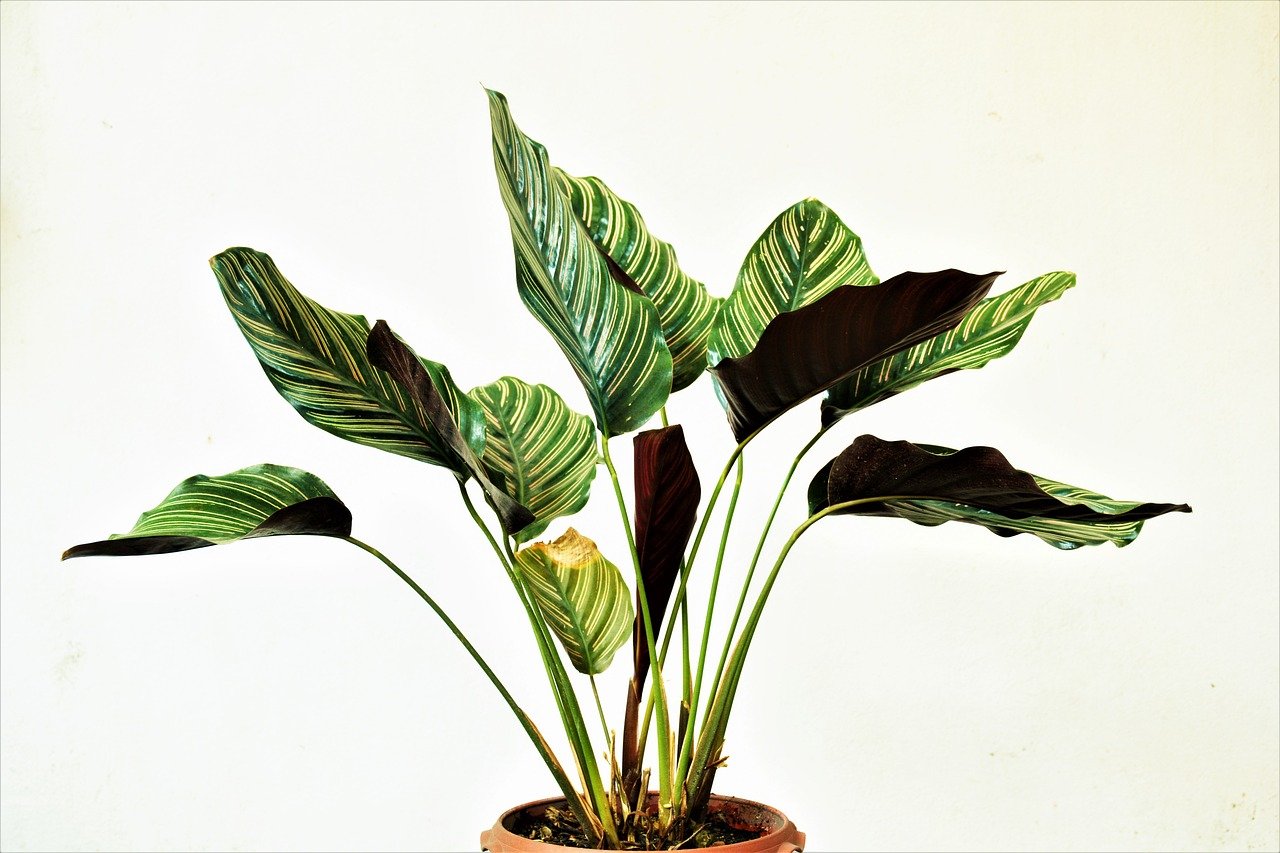Indoor plants are a beautiful addition to any space, but they come with their own set of challenges. Understanding the common problems that affect many indoor plants—such as environmental conditions, insects, diseases, and nutrient deficiencies—can help you keep your greenery healthy and thriving.
1. Environmental Conditions:
One of the most critical factors for indoor plant health is their environment. Poor lighting, incorrect temperature, and low humidity are common issues. Many indoor plants require bright, indirect light; insufficient light can lead to weak growth and yellowing leaves. Temperature extremes, whether too hot or too cold, can cause stress, leading to stunted growth or even death. Additionally, most indoor plants prefer a humidity level between 40-60%. Dry air can cause leaves to brown at the edges, while overly humid conditions can encourage mold growth.
2. Insects:
Insect infestations are a frequent problem for indoor plants. Common pests include spider mites, aphids, and mealybugs. These pests feed on plant sap, weakening the plant and sometimes spreading diseases. Regularly inspecting your plants and using insecticidal soap or neem oil can help control these pests before they cause significant damage.
3. Diseases:
Fungal and bacterial diseases can also affect indoor plants. Root rot, often caused by overwatering, is a prevalent issue that can quickly kill a plant. Fungal infections, such as powdery mildew, thrive in damp, poorly ventilated environments. To prevent disease, ensure your plants are not overwatered, provide adequate air circulation, and remove any diseased leaves promptly.
4. Nutrient Deficiencies:
A lack of essential nutrients can manifest in various ways, such as yellowing leaves, stunted growth, or poor flowering. Indoor plants require a balanced supply of nutrients, including nitrogen, phosphorus, and potassium. Regularly fertilizing your plants with a balanced fertilizer can help prevent deficiencies and support robust growth.
By understanding these common problems and taking proactive steps, you can create an optimal environment for your indoor plants, ensuring they remain healthy and vibrant throughout the year.

